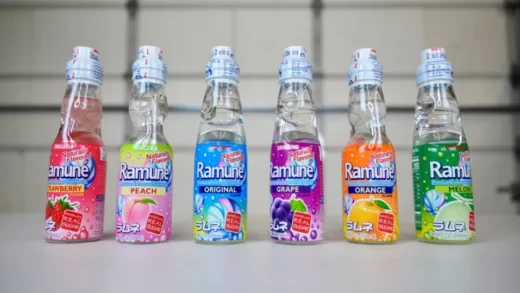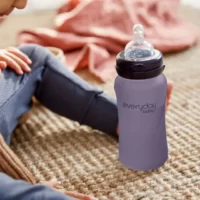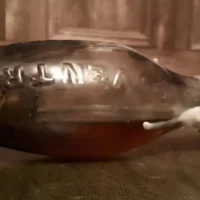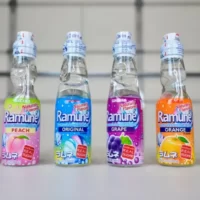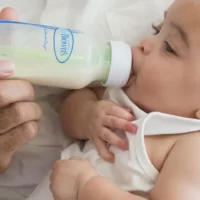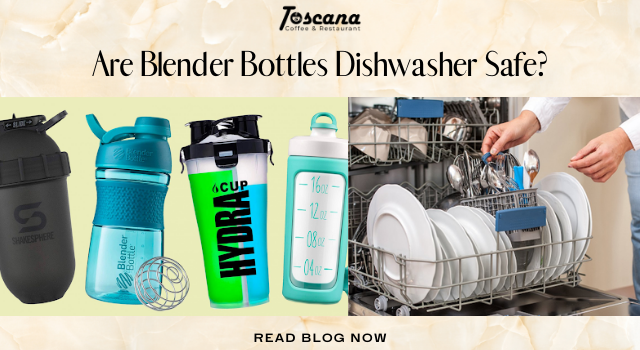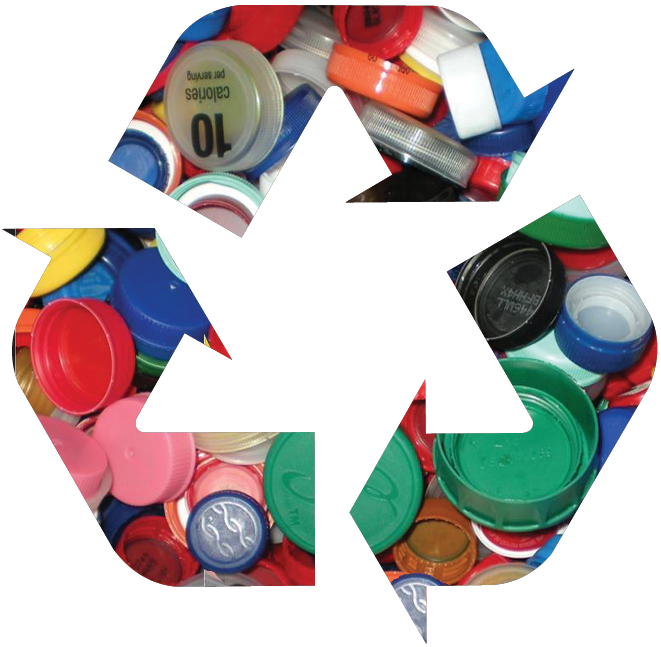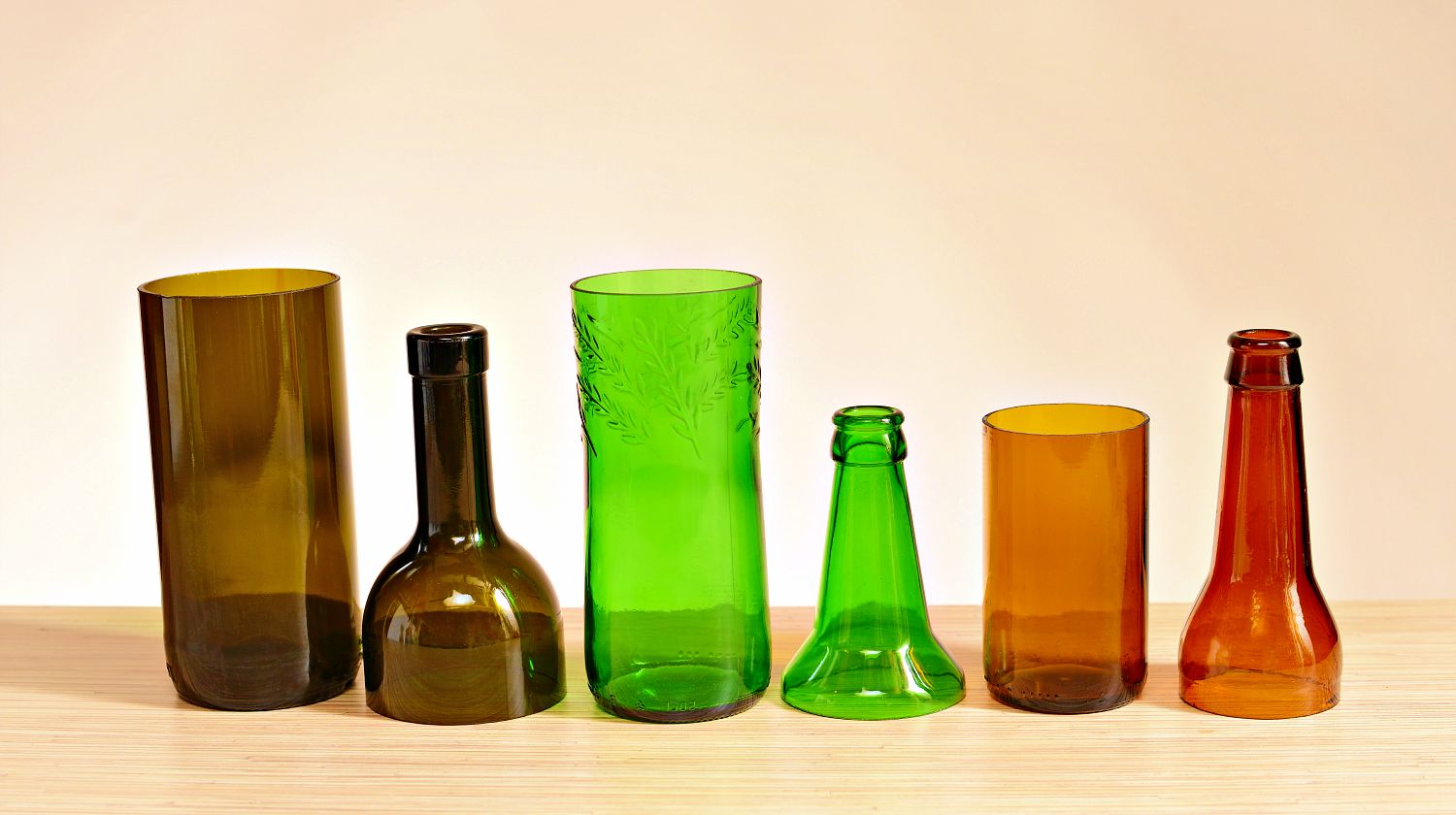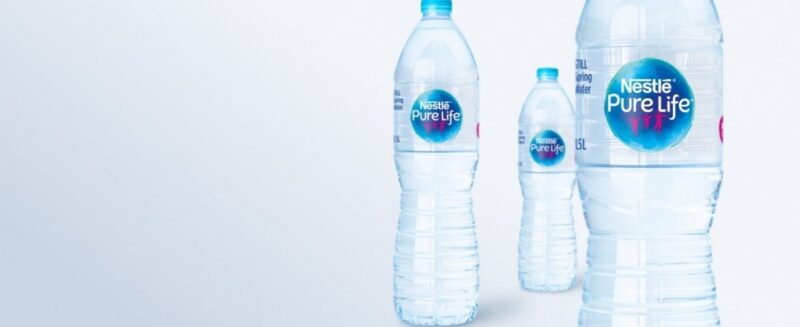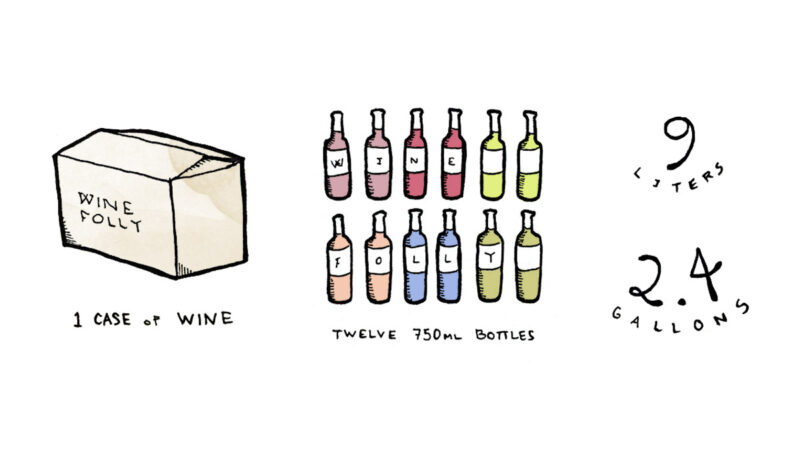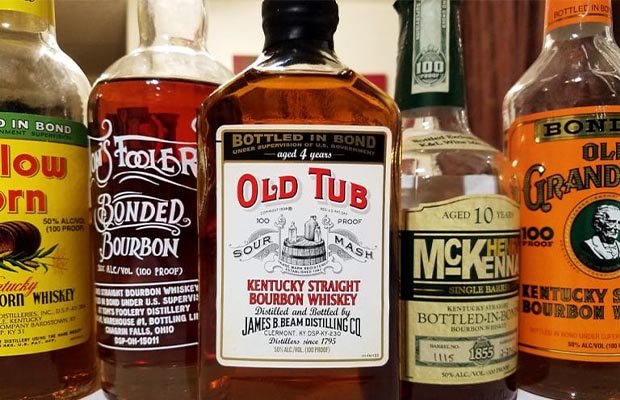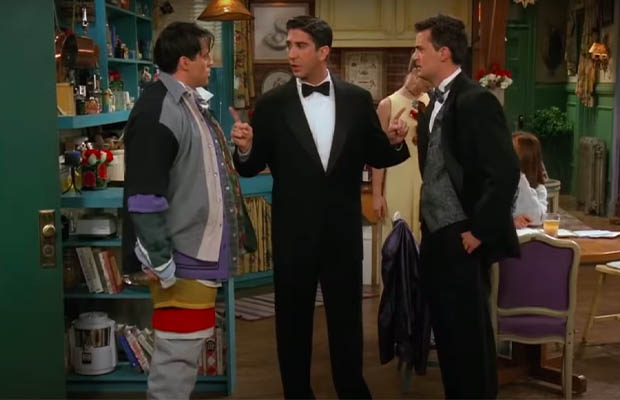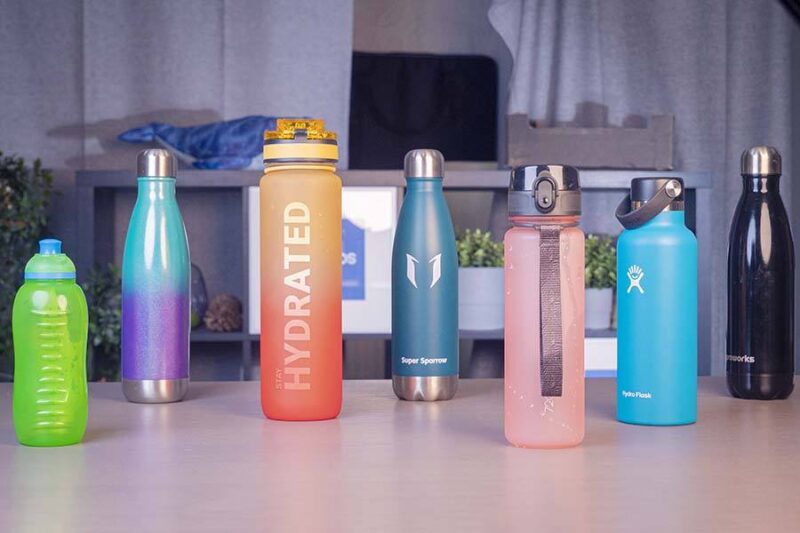Water consumption should be high. But when it comes to water in plastic bottles, one thing to think about is can bottled water go bad?
Water is a natural substance and does not go bad, however the plastic water bottle will degrade over time and begin to leach chemicals into the water, which is why it is always important to choose Water in bottles without BPA.
Continue reading to find out more about water storage, how long bottled water can be kept fresh, and other topics.
Table of Contents
Can Bottled Water Go Bad Over Time?
In short, no, bottled water doesn’t “go bad.” In fact, the FDA does not even require water bottle expiration dates. Water itself never goes bad, but the bottle it comes in does in a way.
Chemicals from the plastic bottle may eventually start to leak into the water it holds when subjected to prolonged high temperatures.
Additionally, drinking that water exposes you to chemicals like BPA, which could have detrimental effects on your health. Drinking water from BPA-free bottles is crucial for this reason.
Also Read: Bottled Water Shortage
Why Do Bottles Have Expiration Dates?
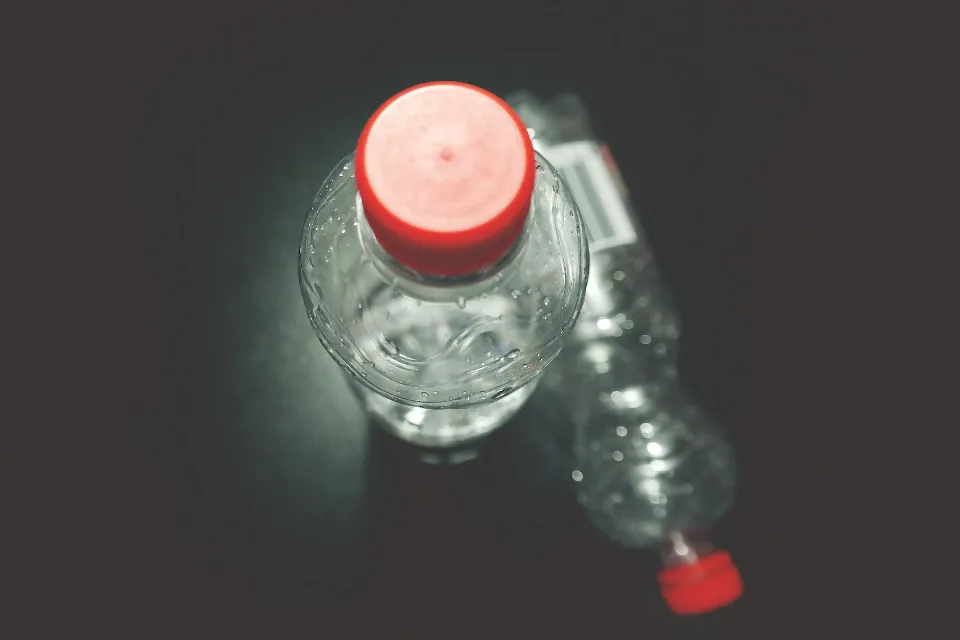
Do you recall how the FDA doesn’t require the expiration dates on water bottles? Well, some producers still decide to add them.
This is done more for quality assurance and batch date identification than for safety reasons; instead, they include the expiration date. You can get the best-tasting water if you drink it before it goes bad.
How Long Does It Take for Water to Expire?
Although it’s somewhat arbitrary, Mercree observes that the majority of bottled water manufacturers print a typical two-year expiration date.
There’s no precise way to predict exactly when the water in the bottle is no longer good to drink, but “it stands to reason that the longer the bottle has been in circulation, the more likely it was exposed to heat or has started to generally degrade,” Mercree says.
The FDA insists that there is technically no mandated shelf life or expiration date for bottled water, even though businesses often print dates on the bottles. As a result, you should be fine, but be cautious.
Related Post: How Long Does Bottled Water Last?
How Does Bottled Water That Goes Bad Affect Your Health?
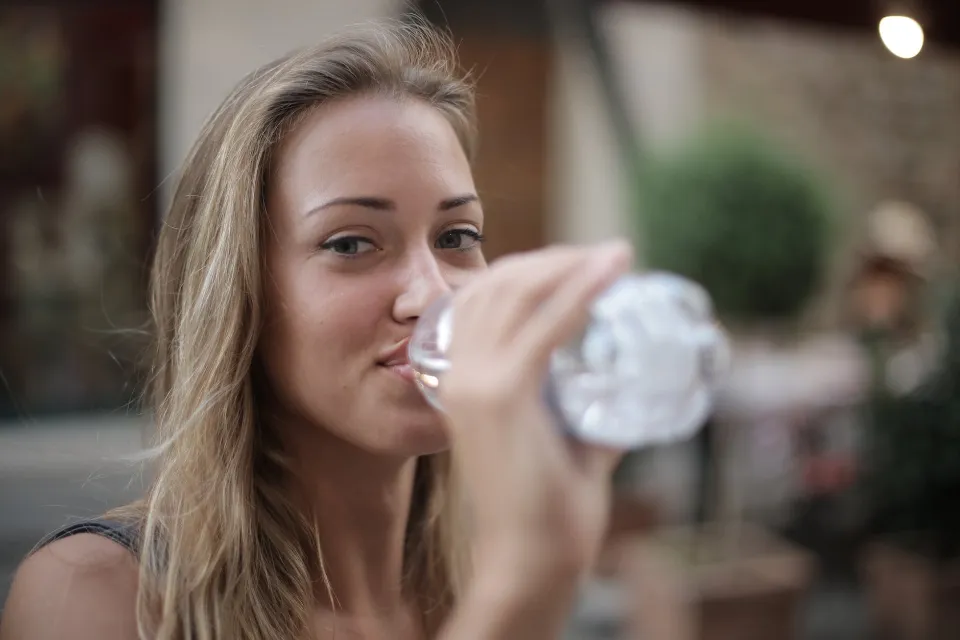
You might believe that by reaching for a bottle of water to rehydrate and replenish yourself in the sweltering heat, you are doing your body a favor. However, did you know that a study conducted at Arizona State University discovered that the shorter the day, the quicker the water became contaminated with hazardous plastic chemicals?
Therefore, you might not be doing your body much good at all. In fact, you might be hurting it. If you can’t get access to high-quality water in secure drinking containers, that doesn’t mean you should stop drinking water altogether.
To survive, you need water. However, it does imply that being more selective about the water bottles you choose to drink from can have a positive impact on your health. You could possibly bring your own reusable water bottle instead of grabbing whatever water you can find.
You need to be aware of the negative effects eating plastic has on your health in order to be further persuaded to think twice about what container you’re putting your water in. Health implications that can result from overexposure to plastic include:
- Increased risk of developing a metabolic disorder, including obesity
- Developmental and reproductive effects, such as decreased fertility
- Hormone imbalances
- Developing cancer
- Impaired immunity
- Birth defects in children exposed to plastic
Consuming plastic can, unfortunately, have a lot more negative effects on one’s health. You must therefore take all reasonable steps to reduce your exposure to plastic, beginning with the kind of water bottles you use to drink from, in order to protect your health and wellbeing.
Also Read: Does Bottled Water Contain Fluoride?
The Best Way to Store Bottled Water
Your water bottles should be kept in a specific way. According to the CDC, the best way to store water in containers (like bottles or jugs) is to keep it in a place with a cool temperature, like 50-70° F. It should never be stored near toxic materials, such as gasoline or pesticides, and it should be kept out of direct sunlight.
It is advised to date them if you intend to keep these items in storage for an extended period of time so that you are aware of their storage history.
In conclusion, drinking water can be enjoyed even after its “expiration date” in BPA-free plastic that lasts even longer than aluminum. So, sip away!
Conclusion on Can Bottled Water Go Bad
Bottled water will not go bad after the expiration date in the same way that other foods and drinks do. It doesn’t contain proteins and sugars (assuming you aren’t drinking sugar water with meat lumps) which get broken down by microbes, causing it to go “off”.
If left in the water for a long enough period of time, the chemicals from the bottle may begin to taste off, though.
Bottled water should be kept out of direct sunlight, in a cool, dry place, and away from supplies and chemicals used for household cleaning.
Frequently Asked Questions
How Long Can You Keep Bottled Water?
The US Food and Drug Administration states that bottled drinking water is not required to have an expiration date. We advise adhering to accepted best practices and drinking bottled water within two years of the date of manufacture.
What Happens If You Drink Expired Water?
Most likely, the water is drinkable if the bottle is still closed. We advise drinking water before the best-by date because storage and environmental factors can vary.
Does Bacteria Grow in Plastic Water Bottles?
Bacteria, fungi and even mold can thrive in a water bottle, thanks mainly to its moist environment. Simply rinsing the bottle out with water isn’t sufficient, and care must be taken when cleaning bottles that have attached straws and narrow-mouth lids with lots of nooks and crannies.



